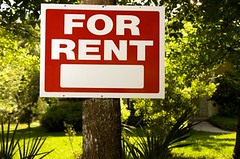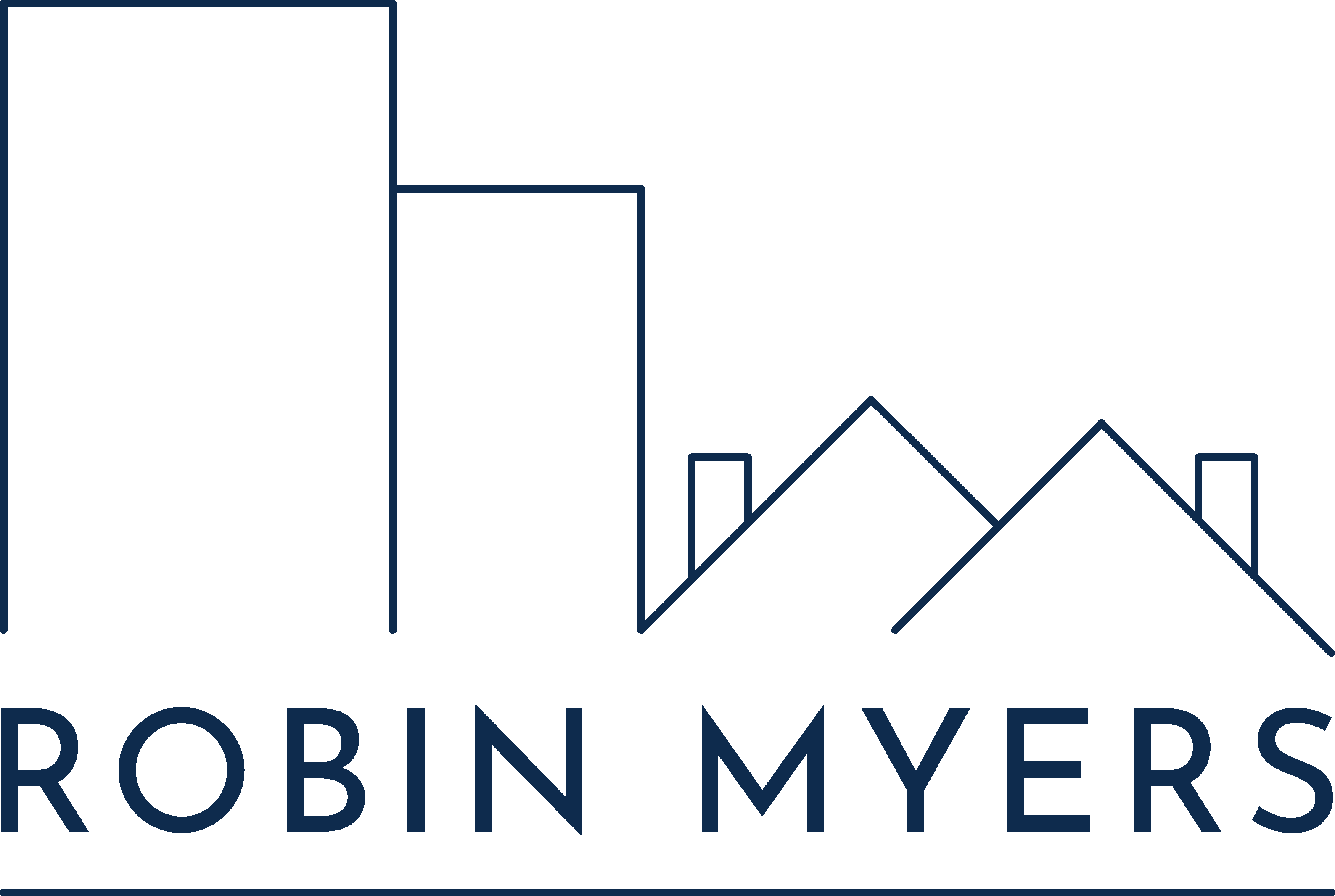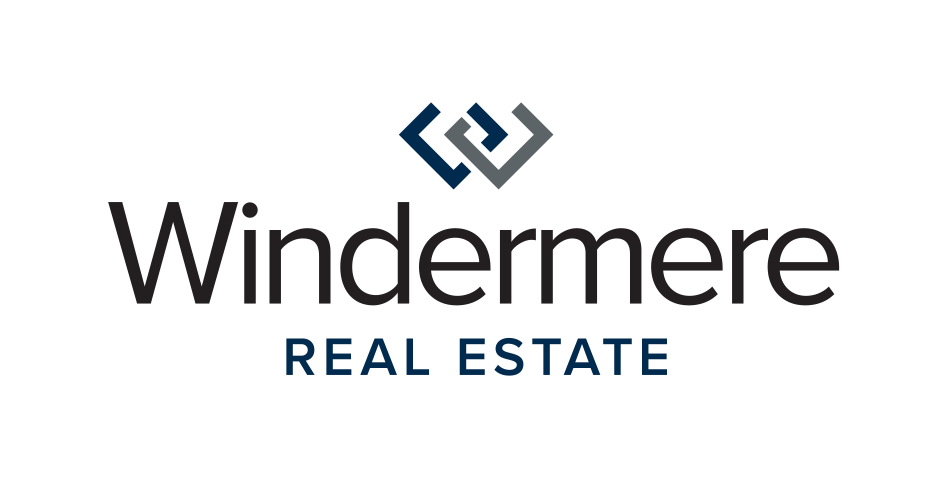Renting Your Condo? What You Need to Know About New Washington State Landlord-Tenant Laws

Washington State Landlord-Tenant Laws were revised in July that include new tenant protection laws relating to rent increase and eviction notices and changes to property use. If you currently have tenants renting your condominium (or house), or you’re thinking about renting your condo, here is a quick look at recent changes to the state landlord-tenant laws.
LONGER NOTICE FOR RENT INCREASES
Landlords must now give tenants 60 days written notice for rental increases. Previously 30 days notice was required for rent increases.
LONGER NOTICE FOR ECONOMIC EVICTION
Landlords are required to give 14 days notice (previously 3 days) before evicting a tenant based on overdue rent. That notice must include information on the tenant’s obligations, rights and options along with the total amount due, broken down by type of charge. Tenants can’t be evicted for failing to pay costs outside of rent and utilities (late fees, deposits, landlord’s legal costs, etc.). Landlords can pursue other ways to collect those costs.
NOTICE FOR CHANGE TO THE BUILDING’S USE OR DEMOLITION
Landlords are required to give tenants at least 120 days written notice to vacate if they plan to change the property’s previous use in any way that would displace the tenants (changes to rules/use regarding pets, smoking, etc.).
For additional information and clarification, landlords should refer to the current State of Washington Residential Landlord-Tenant Act to be sure they, and their tenants, are in legal compliance with state law. Landlords should also check with their condominium association manager to be sure they are in compliance with HOA rules and regulations before moving a tenant into a condominium.

 Facebook
Facebook
 Twitter
Twitter
 Pinterest
Pinterest
 Copy Link
Copy Link


